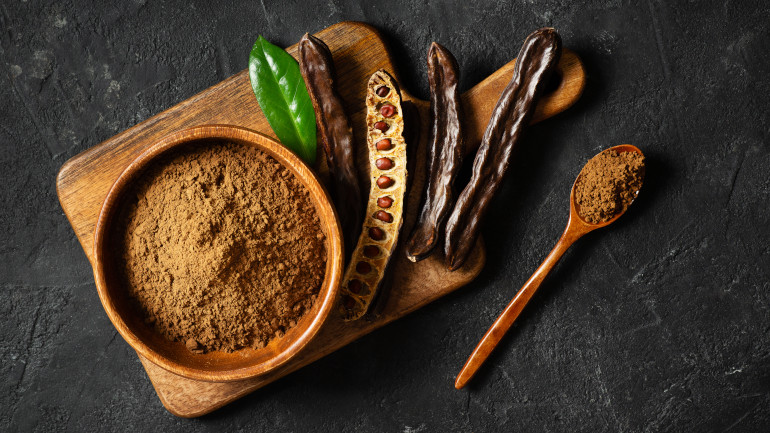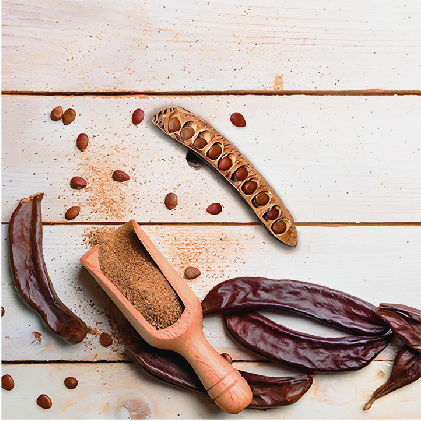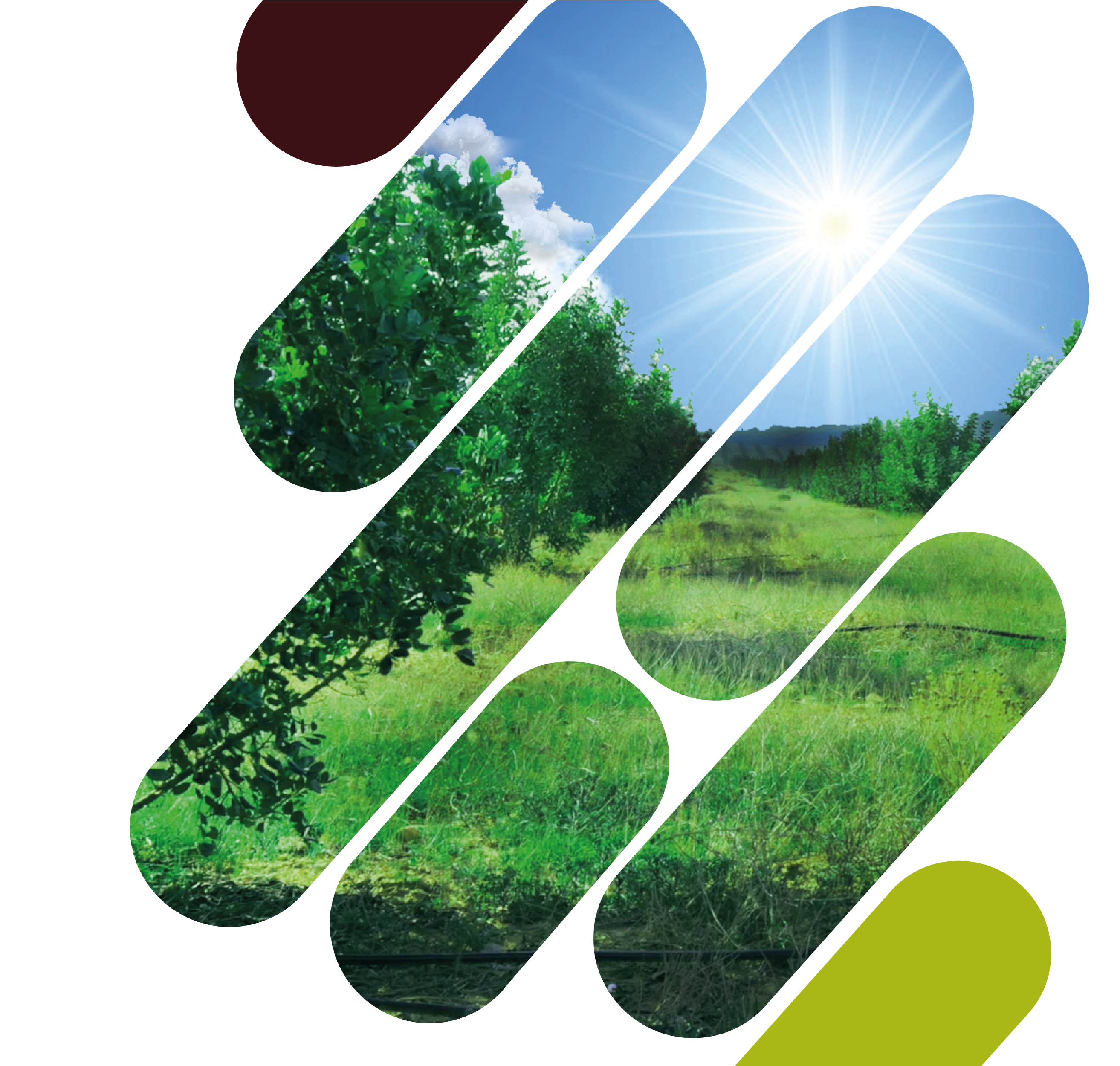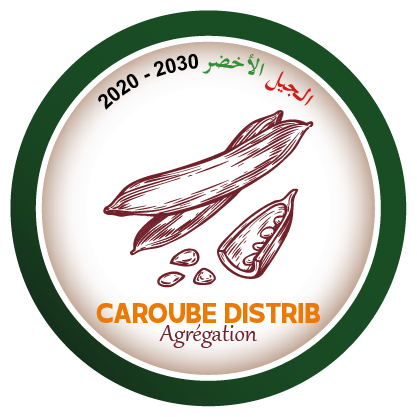Presentation
The word \"caroubier" comes from Moroccan Arabic \"el kharroube," \"tasliroua," or \"tikida" in Berber, \"caroubier" in French, and \"carob tree" in English. In Spanish, it is called \"algarrobo," in Italian \"carrubo," in Portuguese \"alfarrobeira," in German \"karubenbaum," in Greek \"charaoupi," and in Turkish \"charnup." It is also known as the \"pound of Saint John the Baptist," "fig tree of Egypt," or "Pythagoras bean. The carob tree is an exceptional tree that exerts a real fascination. Its silhouette of noble beauty evokes the sun and warmth. Its evergreen foliage makes it one of the most beautiful trees throughout the year. Not to mention its fruits, with various virtues and uses. The carob tree is a Mediterranean species, well-known, acclimated, and cultivated in our regions since ancient times. Its importance has significantly increased in recent years due to the industrial development of carob, which has become an essential raw material. It is a multi-purpose agro-sylvo-pastoral species.



aggregator
AGGREGATION SYSTEM
Agricultural aggregation, representing an innovation introduced by the Green Morocco Plan, is considered the cornerstone of national agriculture. It involves organizing farmers around private actors or professional organizations that have federating and managerial capacities, allowing them to overcome constraints related to the fragmentation of land structures while ensuring that aggregated farms have the opportunity to benefit from modern production techniques and access domestic and international markets. In turn, aggregators ensure the supply of their agro-industrial units with quality products and guaranteed traceability through a win-win partnership between productive upstream and commercial and industrial downstream, based on contracts that clearly define the commitments of both parties within the framework of well-identified agricultural aggregation projects. Successful experiences at both the national and international levels underscore the relevance of this strategic choice. Thus, since the launch of the Green Morocco Plan, the state has ensured the creation of legal, incentive, and institutional conditions for the development of agricultural aggregation projects while continuously improving these conditions by capitalizing on experiences gained in the field. Today, within the framework of the new \"Generation Green" strategy, agricultural aggregation is further strengthened to address new challenges related to the marketing and valorization of agricultural production, challenges that cannot be overcome without integration across different links in the value chain.










